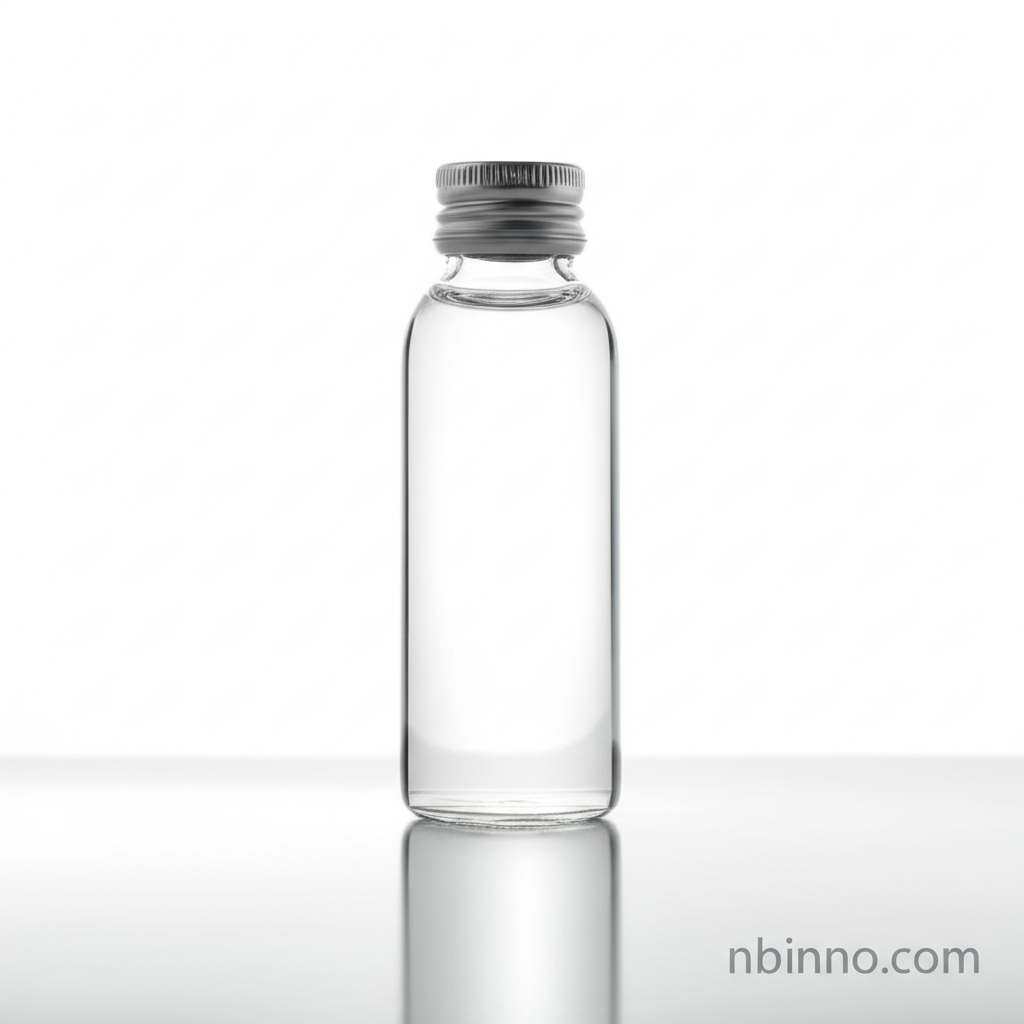Tetrachloroethylene: A Comprehensive Guide for Industrial Applications
Explore the properties, widespread uses, and critical safety considerations of Tetrachloroethylene, a key industrial solvent. Learn about its role in dry cleaning, metal degreasing, and its evolving regulatory landscape.
Get a Quote & SampleProduct Core Value

Tetrachloroethylene
Tetrachloroethylene, also known as Perchloroethylene (PCE), is a highly effective and stable organic solvent. It is widely recognized for its superior ability to dissolve oils, greases, and various organic stains, making it an indispensable component in numerous industrial processes. As a leading supplier in China, we provide high-purity Tetrachloroethylene that meets stringent industry standards.
- Explore the extensive uses of Tetrachloroethylene in dry cleaning applications, where its solvent power efficiently removes tough stains from fabrics.
- Understand the critical health risks associated with perchloroethylene, including potential neurotoxicity and carcinogenicity, emphasizing the need for safe handling.
- Investigate the role of Tetrachloroethylene as an industrial degreaser, effectively cleaning metal parts in vapor-degreasing apparatuses.
- Learn about the regulatory landscape and the push for safe alternatives to Tetrachloroethylene to ensure environmental and worker safety.
Key Advantages and Considerations
Powerful Solvency
Tetrachloroethylene exhibits excellent solvency for a broad spectrum of organic substances, including oils, greases, and stubborn stains, making it highly effective for industrial degreasing and fabric cleaning.
Non-Flammability and Stability
Its non-flammable nature and high thermal stability contribute to safer handling and storage compared to many other organic solvents, a key factor in its widespread adoption for various industrial processes.
Broad Application Range
From dry cleaning textiles to metal degreasing and even as a chemical precursor, Tetrachloroethylene's versatility makes it a valuable compound across multiple sectors, supporting diverse production needs.
Key Applications
Dry Cleaning
Tetrachloroethylene is a primary solvent in the dry cleaning industry, efficiently removing stains from delicate fabrics without water, a critical aspect of its industrial solvent use.
Metal Degreasing
Its effectiveness in dissolving oils and greases makes it a common choice for cleaning metal parts in vapor-degreasing applications, ensuring parts are prepared for further processing.
Industrial Solvent
As a potent organic solvent, PCE is utilized in the formulation of adhesives, sealants, and as a component in paint removers and other industrial cleaning agents.
Chemical Synthesis
Tetrachloroethylene serves as a precursor in the synthesis of other chemical compounds, highlighting its importance in the broader chemical manufacturing sector.
